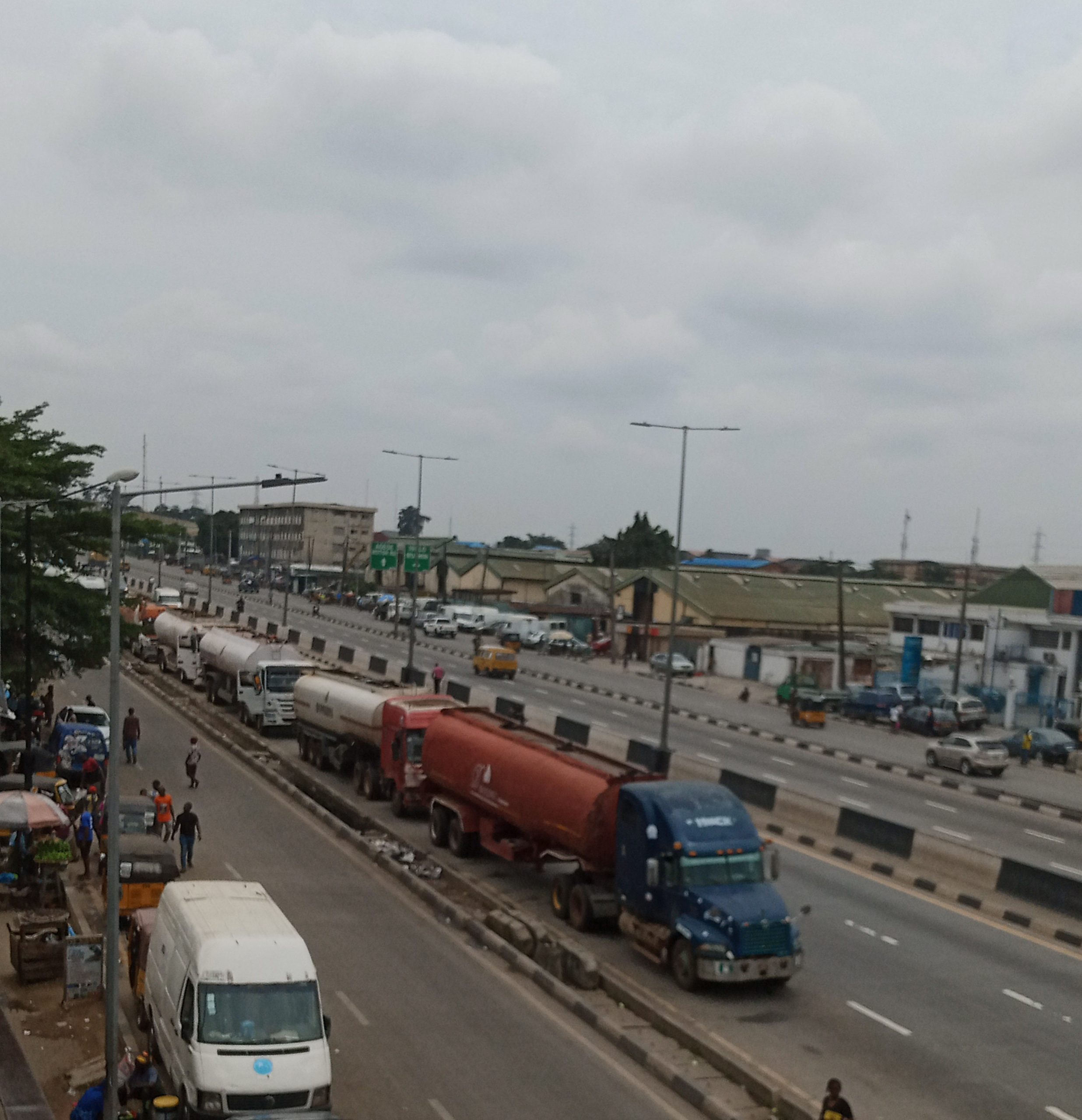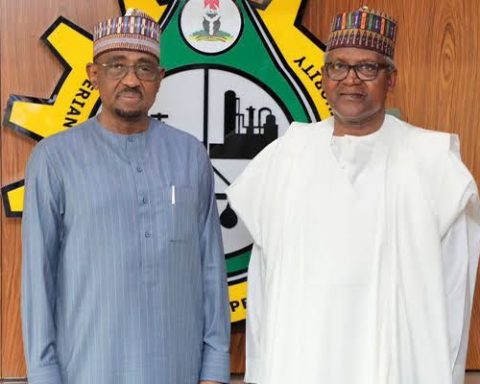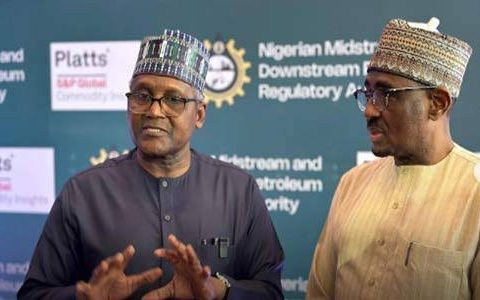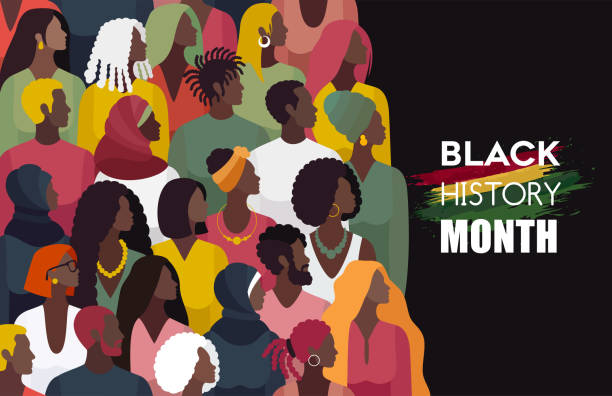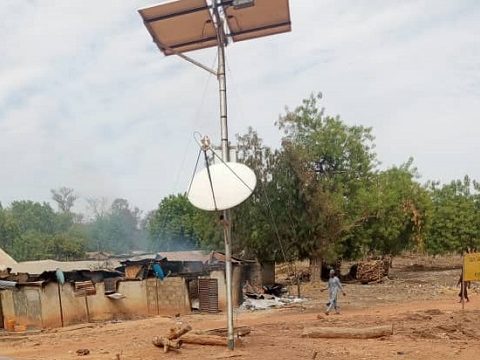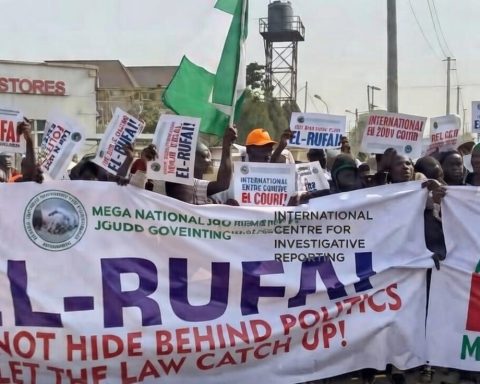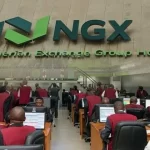The Nigeria government has declared plans to ban 60,000-litre fuel tankers from plying the roads starting from 1st March 2025.
The Nigerian Midstream and Downstream Petroleum Regulatory Authority (NMDPRA) announced this on Wednesday, 19th February 2025.
Join our WhatsApp ChannelOgbugo Ukoha, NMDPRA Executive Director, Distribution Systems, Storage, and Retailing Infrastructure, who spoke to newsmen in Abuja on Wednesday, explained that the decision was to curb frequent crashes of petroleum tankers on Nigerian roads, especially in recent times.
There have been recurring cases of tanker crashes on the roads with the attendant destruction of vehicles, other valuables and ultimately the loss of human lives through fire explosions that usually occur.
The decision was reached when a technical committee comprising multi-sectoral stakeholders met to deliberate on truck-in-transit accidents on the roads.
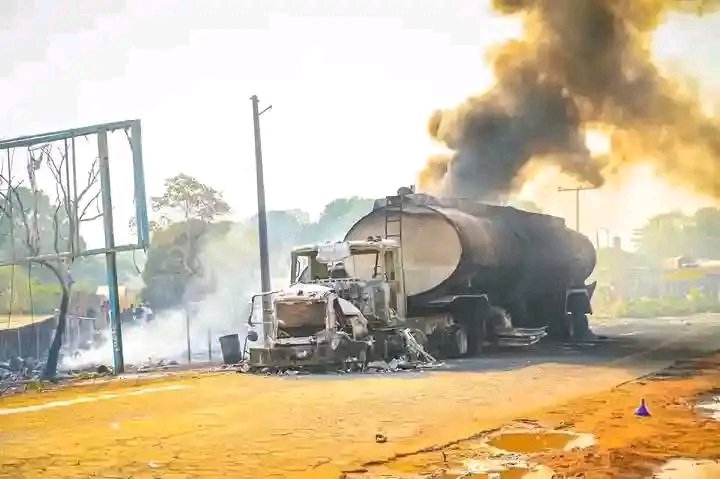
Ukoha said the first technical committee met and agreed on timelines for about 10 resolutions that had been taken on how to drive down the significant increase that had been observed in relation to trucks and transit incidents and fatalities.
He said it was agreed that starting from 1st March 2025, any truck with an axle load of more than 60,000 litres of petroleum products will not be allowed to load at any depot in the country.
READ ALSO: Hell On Earth: How Long Will Tanker Explosions And Waste Of Lives Go On?
He said the key agencies in the deliberations included the Department of State Services (DSS), Federal Fire Service, Federal Road Safety Corps (FRSC), National Association of Road Transport Owners (NARTO), National Union of Petroleum and Natural Gas Workers (NUPENG), Standards Organisation of Nigeria (SON), the Depot and Petroleum Products Marketers Association of Nigeria (DAPPMAN), Nigerian Midstream and Downstream Petroleum Regulatory Authority (NMDPRA).
“The important thing about this is that, for the first time, consensus was built amongst all stakeholders, and we are continuing to encourage that we will work together cohesively to deliver a safe transportation of petroleum products across the country,” he said.
The NMDPRA official observed that after the tanker crashes in 2023, it was much more in 2024 and January 2025 occurrences were even “threatening to even exceed or catch up or exceed the 2024,” hence the decision to “draw a line and say, this can no longer continue.”
Reacting, the National Association of Road Transport Owners (NARTO), kicked against the federal government’s plan to ban 60,000 litres capacity tankers.
The association said the move would lead to a loss of about N300 billion invested by the tanker owners in acquiring 60,000-litre trucks for movement of petroleum products across the country.
NARTO President, Yusuf Othman, who spoke in an interview with New Agency of Nigeria, argued that the cause of crashes was not the usage of 60,000-litre tanker capacity but poor condition of Nigerian roads, drivers and vehicles.
According to him, acquisition of some of the vehicles was financed through loans obtained from commercial banks, while others were from personal investments of the tanker owners.
He therefore appealed to the government to consider what he called “a buy-back policy” to help the investors, if it wishes to phase out completely the usage of 60,000 litres tanker capacity in the distribution of petroleum products across the country.


